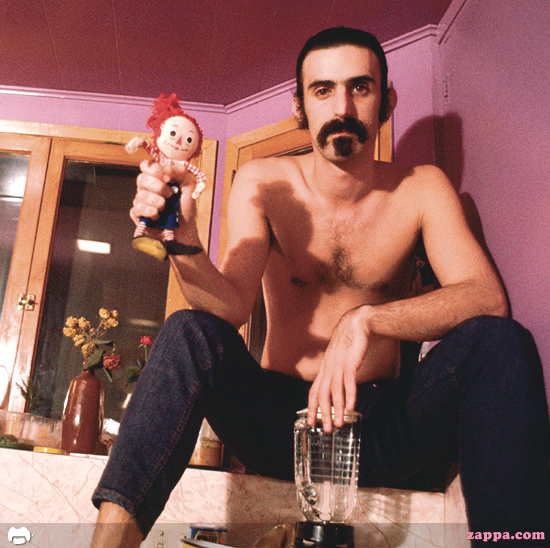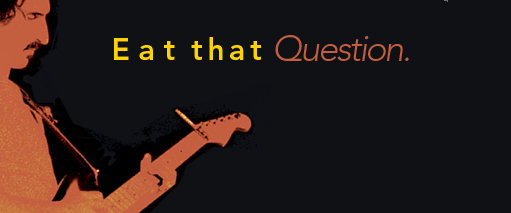Film Review: Eat That Question: Frank Zappa In His Own Words
Eat That Question: Frank Zappa In His Own Words


Latest Article|September 3, 2020|Free
::Making Grown Men Cry Since 1992

